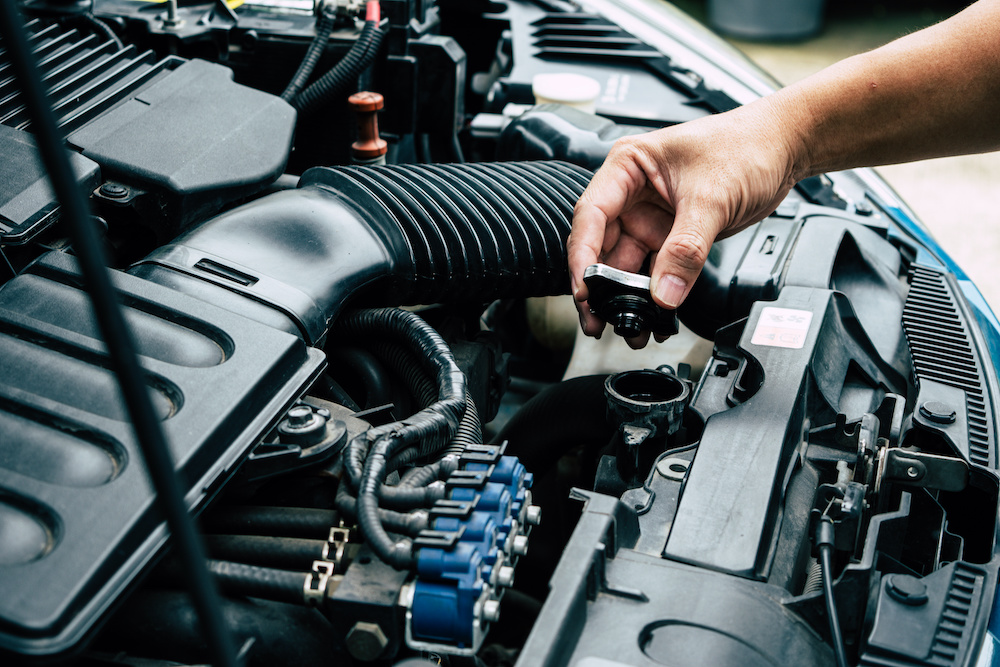The radiator is one of the essential parts of a car. Anything that happens to the radiator can affect the car’s overall performance, safety, and value. Your car’s engine is exposed to a very hot condition, especially when it is turned on and your car is running. While most of the heat is ejected through the exhaust system, there is still a considerable amount of heat left in the engine area. It is the car’s radiator that will keep the temperature in the engine system balanced for the engine to perform its best potential.
A car’s radiator is located at the front of the car, just behind the grille. It is generally made of steel. However, modern car radiators are now made of aluminum, cast iron, copper, or brass. The good thing about these modern radiators is that they can transfer heat faster and are more fuel-efficient.
What is the purpose of your car’s radiator?
The radiator is responsible for keeping your car’s engine cool. It allows your engine to vent heat while it is turned on or running. The cooling ability of a radiator starts when the engine is turned on, and the water pump sends coolant to it. As the car runs, the combustion in the engine produces heat carried by the coolant traveling around the cylinders. The heated coolant will then pass through the upper radiator hose down to the radiator tubes. The heat carried by the coolant will be expelled into the air through the fins. The cooled coolant will then return to the engine, and the process begins again.
What are the most common problems with your car’s radiator?
Without the radiator, your engine system and its parts will be exposed to great amounts of heat that may lead to its damage. However, like any other parts of your car, your car’s radiator can also malfunction and may compromise your car’s overall condition. The most common issues that your radiator may encounter are as follows:
- Leakage
Radiator hoses can leak because of the pressure building up due to the coolant’s continuous travel from the radiator to the engine. Due to the building up of pressure and overheating, the hose will become worn out and loose. Leaks can also happen in the radiator itself, which means a more costly repair.
- Corroding radiator
Rust is one of the major enemies of your car’s radiator. When your radiator begins to rust, you have to bring your vehicle to a trusted mechanic right away. Or else, it can create holes in your radiator, leading to leakage.
- Gunk issues
Another common problem in radiators is the buildup of debris and mineral deposits in the radiator. This usually happens when the radiator starts to corrode. If the debris isn’t flush out of the radiator, it can obstruct the flow of coolant and may lead to overheating. A good coolant flush should solve the issue.





